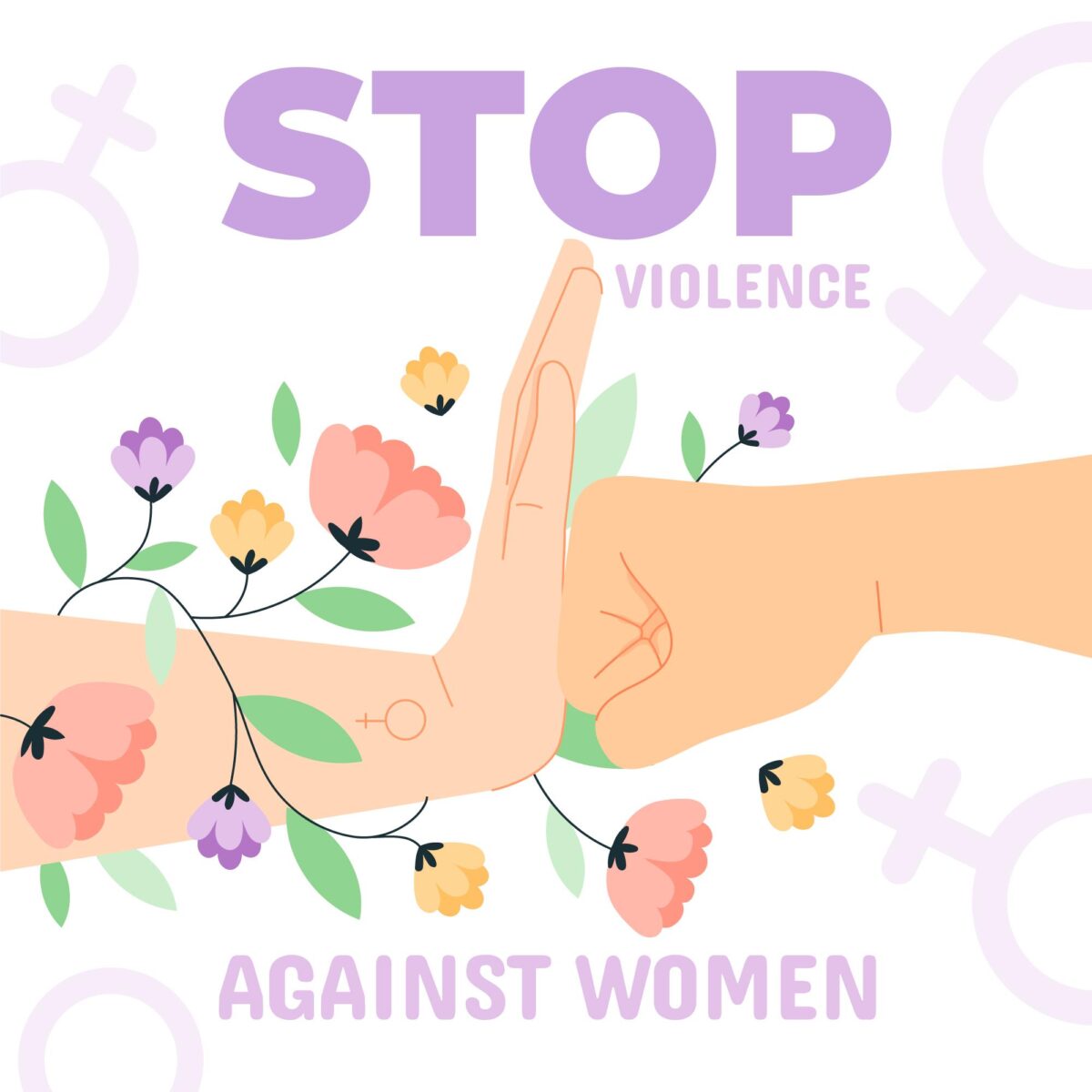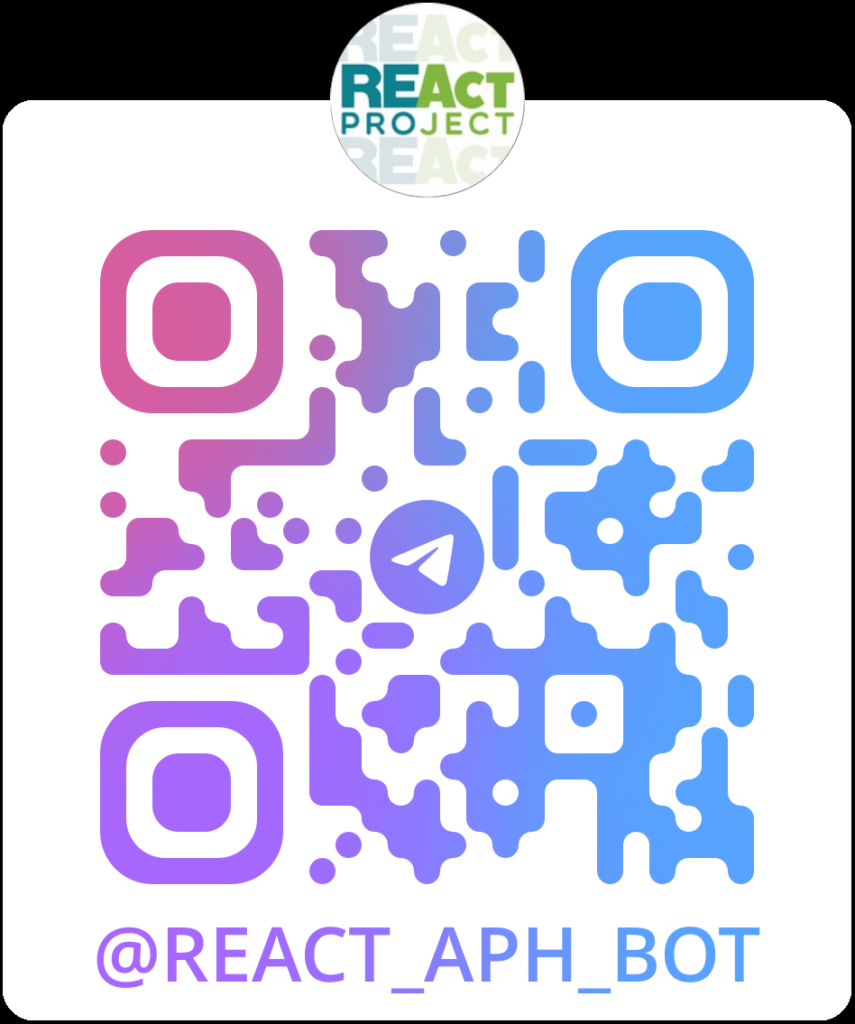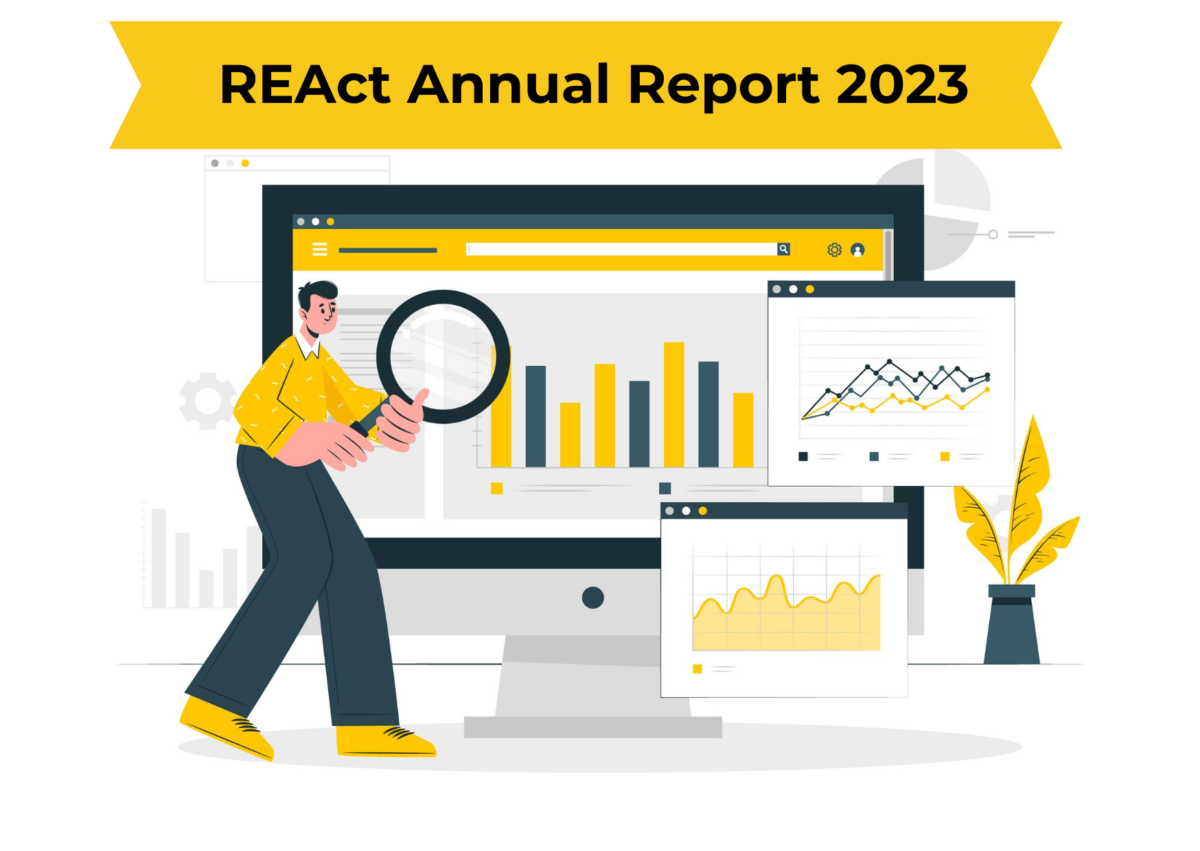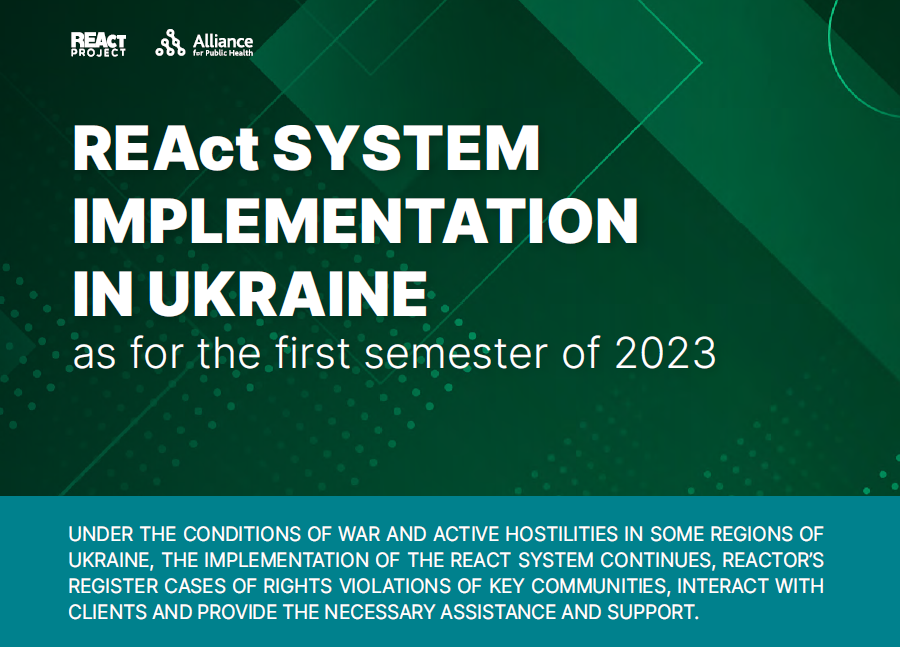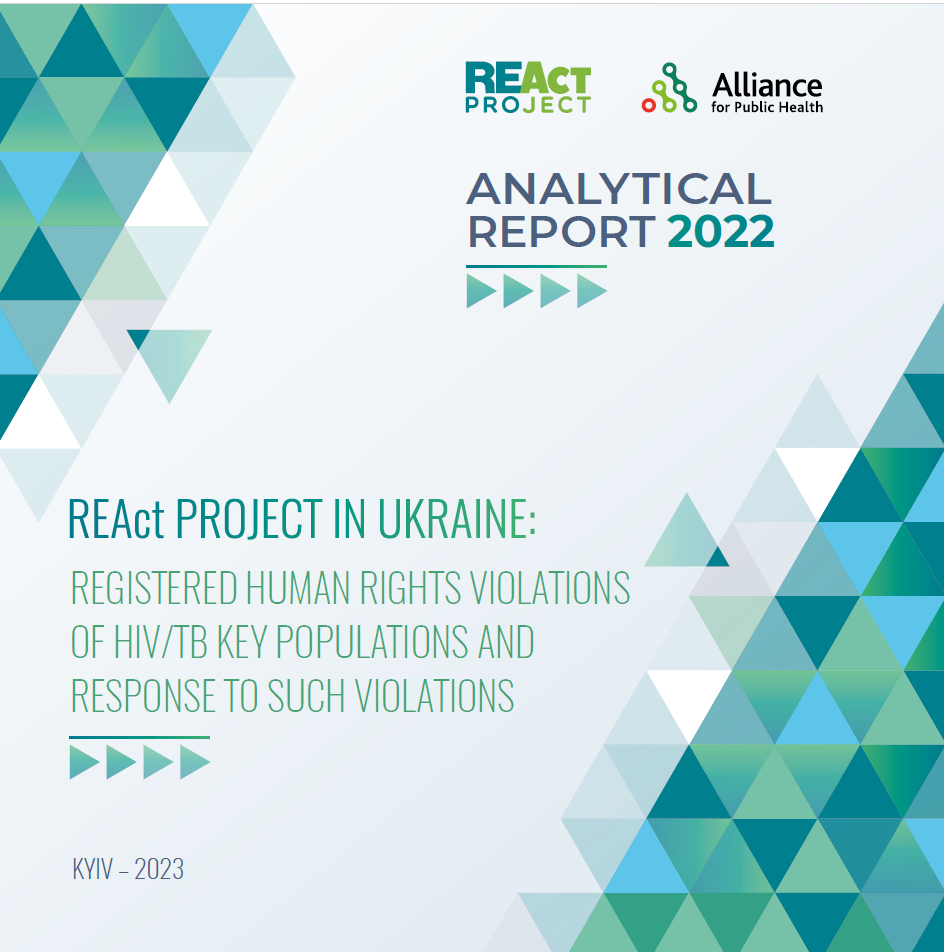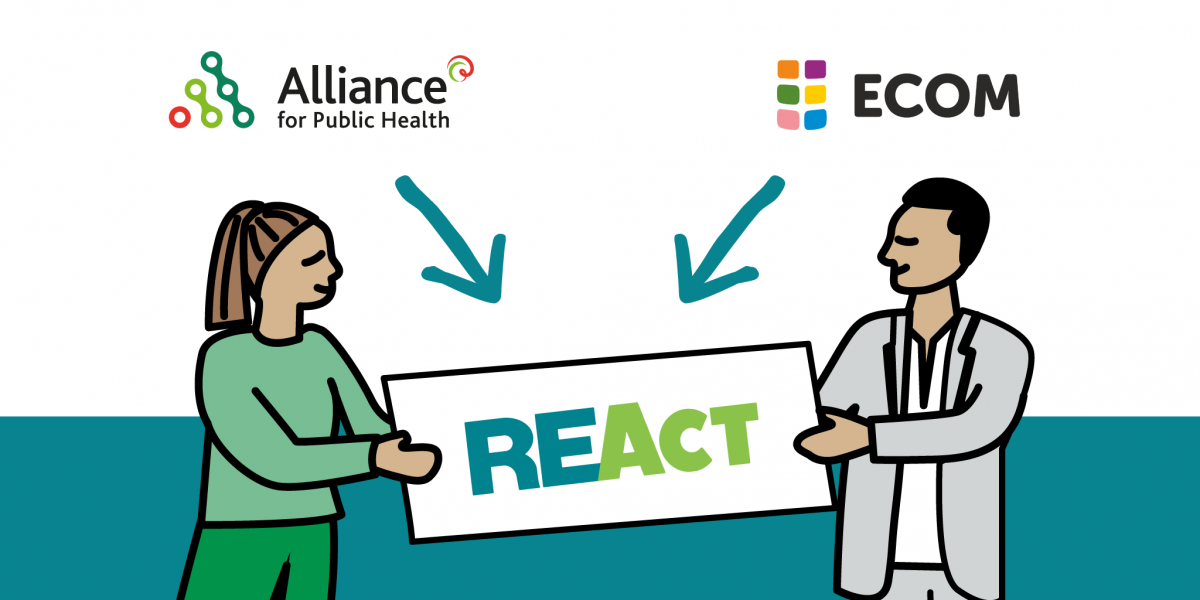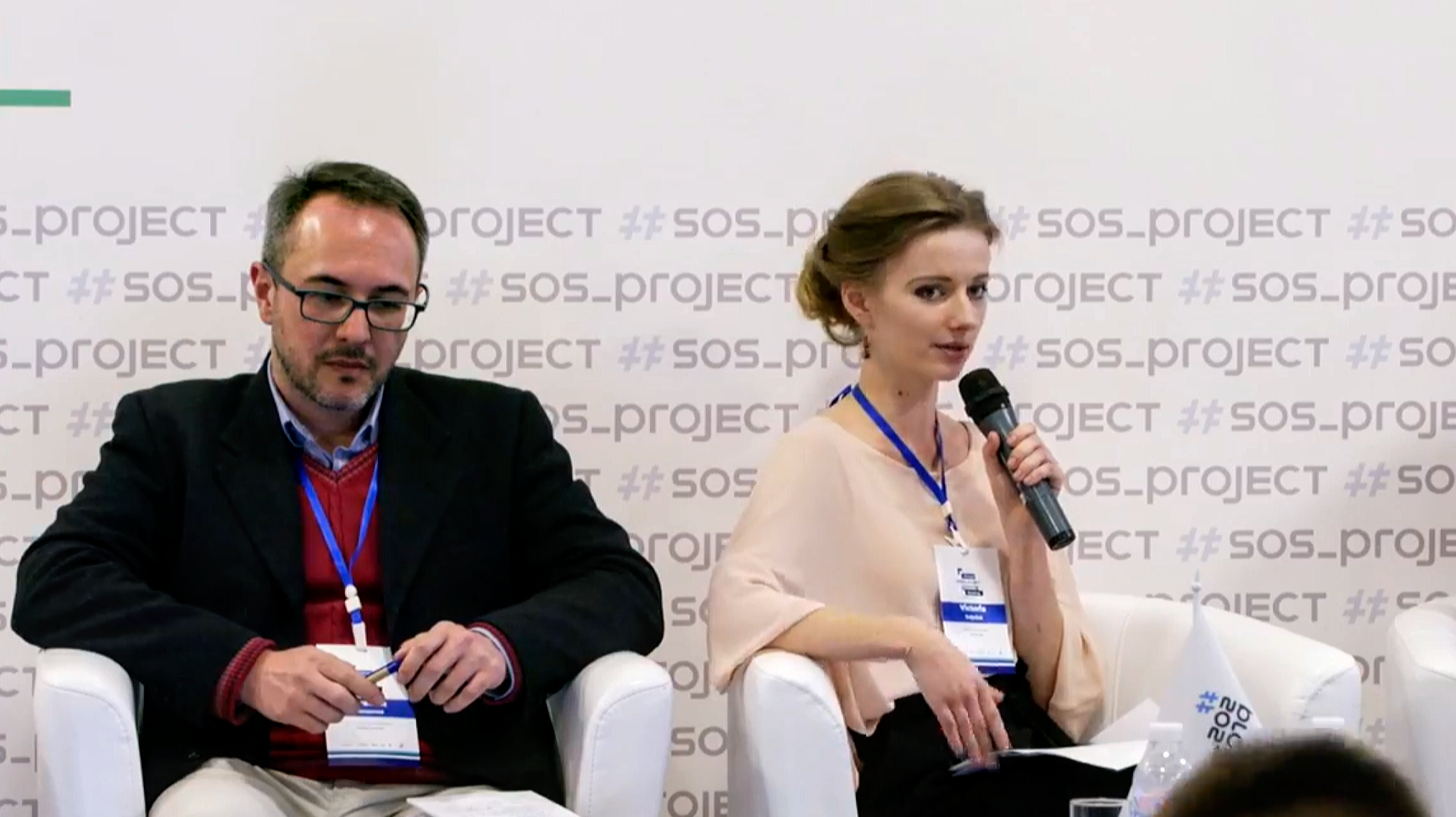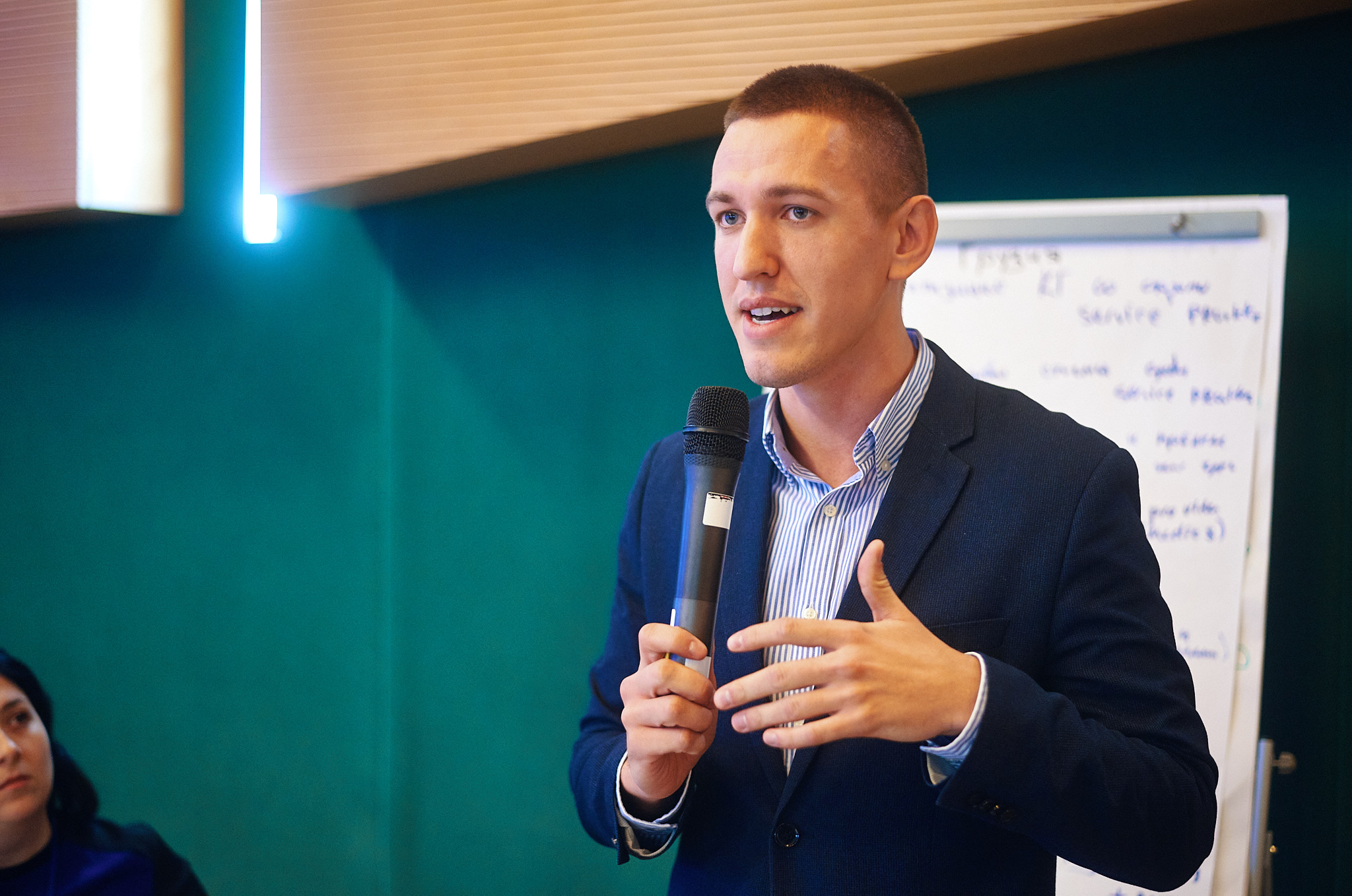On December 10, the world marks International Human Rights Day — the anniversary of the adoption of the Universal Declaration of Human Rights, which proclaimed that all human beings are born free and equal in dignity and rights. Yet in reality, for millions of people these words still do not fully work due to barriers, stigma, and discrimination: rights are declared, but the ability to exercise them and effective protection are still not guaranteed.
Human rights are about everyday realities: the ability to seek services or assistance without fear, to receive quality and timely care, and to overcome obstacles on the way to basic needs — health, safety, and dignity. However, even where the right to health is formally recognized, equal treatment and fair conditions are often not ensured. Stigma, discrimination in healthcare settings, difficulties in interactions with law enforcement, and delays in treatment frequently result in people being unable to receive timely assistance and defend their rights. In such situations, human rights violations have direct consequences for health and life.
Despite the fact that the principles of equality and non-discrimination are enshrined in international documents, for many people rights still remain declarations without real protection mechanisms. Where there is no protection, rights themselves lose their power.
Even when a person formally has a right, without the ability to defend it, that right remains vulnerable. Human rights protection is not an abstract concept, but concrete actions: the ability to file a complaint, receive legal support, restore violated rights, and hold perpetrators accountable. It is precisely this that determines whether a right becomes a real tool of safety and dignity or remains just a line in a document.
The consequences of human rights violations in the field of healthcare are similar across many countries: delays or denial of treatment leading to higher risks of complications, chronic illness and premature death; deterioration of mental health due to stigma, exclusion and constant fear of seeking help; deepening social inequality; and erosion of trust in healthcare systems, which reduces access to prevention, testing and treatment and undermines public health overall.
International Human Rights Day reminds us every year that rights do not work automatically. When a person cannot exercise their rights or lacks real protection, civil society often becomes the crucial link that turns rights into real assistance.
In Ukraine and in 13 other countries of Eastern Europe and Central Asia (EECA), Alliance for Public Health is implementing the REAct (Rights – Evidence – Action) system — a tool for documenting human rights violations affecting key communities vulnerable to HIV and tuberculosis.
Since the launch of the system in 2019, with the support of 202 non-governmental organizations and 360 REActors, more than 35,000 cases of human rights violations against representatives of key communities have been registered.
Despite different national contexts, the typical violations remain strikingly similar: stigma and discrimination in healthcare settings, denial of services, breaches of confidentiality, poor quality medical care, and unlawful actions by law enforcement.
Paralegals from partner organizations not only document these cases, but also provide paralegal консультації, accompany people in overcoming barriers to accessing services, and assist in protecting their rights.
These services are critically important, as they make it possible to restore violated rights, receive necessary assistance, and mitigate the impact of discrimination on people’s lives and health. Overcoming barriers to access is not an abstract goal, but a concrete step toward real protection of dignity and safety.
Today, on International Human Rights Day, we once again emphasize: rights must be not just loud words, but a real mechanism of action and protection.
ICF “Alliance for Public Health” expresses sincere gratitude to all partner organizations, every REActor, for their daily dedication, professionalism, and principled stance in defense of human rights, as well as to all clients — for their trust, courage to seek help, and resilience in these extremely challenging times.



